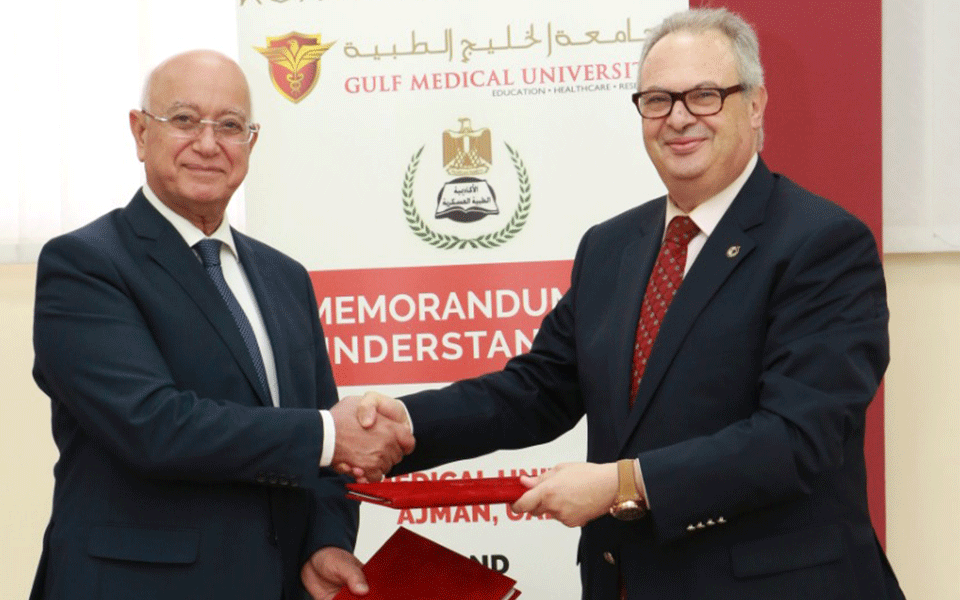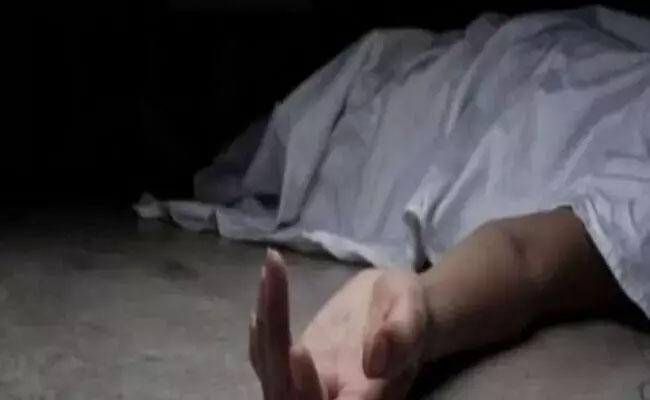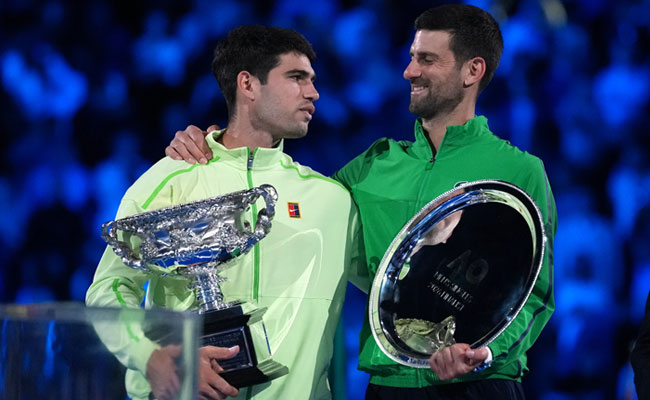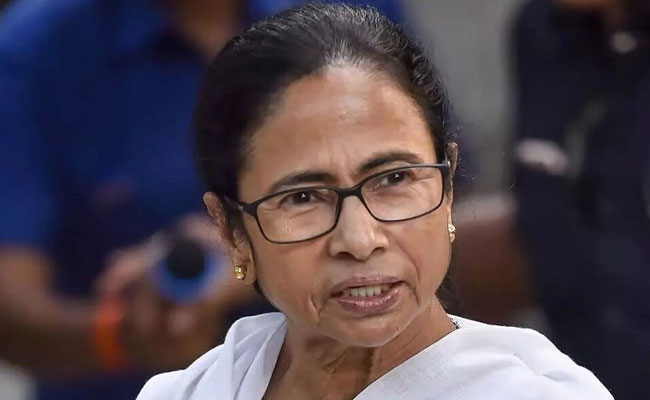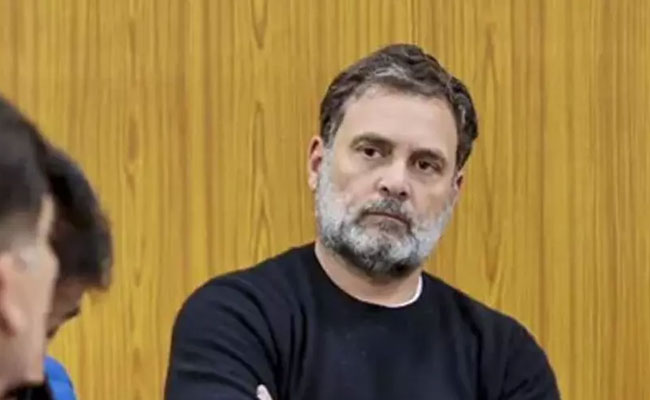Ajman, November 6: The Gulf Medical University (GMU) of Ajman, a leading private medical university in the Middle East Region, has entered into a strategic partnership with the Military Medical Academy of Egypt, a prestigious institution of medical education and research.
A Memorandum of Understanding for collaboration between the two institutions was signed at the GMU campus on November 5 by between GMU Chancellor Prof. Hossam Hamdy and Military Medical Academy president Major General Dr. Ahmed Al-Taoudi.
Prof. Hossam Hamdy said that the MoU was an official agreement to formalize the relationship between both the institutions. “GMU has been collaborating with MMA on various fronts for some time now, but this agreement formalized it. The agreement included offering joint programmes and training for professional development, including in areas such as Aviation Medicine, Diving Medicine, Hyperbaric Oxygen Therapy, Trauma Management, etc. The jointly developed programmes will be delivered to students and graduates as well as to physicians and health professionals,” he explained.
Major General Dr. Ahmed Al-Taoudi described the GMU as an “impressive facility with state-of-the-lab research facilities and advanced labs.” He said that he was particularly impressed by the labs of GMU, which enables teaching and diagnostic testing to coexist, providing an exemplary model of integration highly beneficial for the students to expand their practical knowledge and understanding. He also appreciated the students diversity and the harmonious environment for students from 80+ nations to bond and cooperate with each other on the path to their healthcare careers.“The MMA offers several trainings, Masters and Doctoral degrees in Aviation Medicine, Diving Medicine, Mass Casualties, etc. We will collaborate with GMU to offer these programmes for the first time in the Gulf region,” he added.
Major General Dr. Ahmed Al-Taoudi said that “research is an important area where both the institutions can collaborate. The collaboration between MMA and GMU aims to benefit students as well as patients. There is a lot of scope for teamwork between both the institutions. The MoU will facilitate mutual student exchanges for clinical training,” he said.
Let the Truth be known. If you read VB and like VB, please be a VB Supporter and Help us deliver the Truth to one and all.
Medininagar (PTI): A couple and their 18-year-old son were allegedly hacked to death over suspicion of practising witchcraft in Jharkhand's Palamu, police said on Sunday.
Their minor daughter was also injured in the attack late on Saturday, a police officer said.
The bodies were recovered from their house on Sunday in Panki police station area, he said.
“Initial investigation suggests that the case is related to witchcraft suspicion,” Manoj Kumar Jha, Sub-Divisional Police Officer (SDPO) of Lesliganj told PTI.
A manhunt is on to nab the culprits, Jha said.
The girl suffered severe injuries and has been admitted to a government hospital, he said.
The deceased have been identified as Vijay Bhuiyan (45), his wife Kalia Devi (40), and their son Chotu Bhuiyan.
The bodies have been sent to Medinirai Medical College and Hospital (MMCH) for post-mortem examination.

